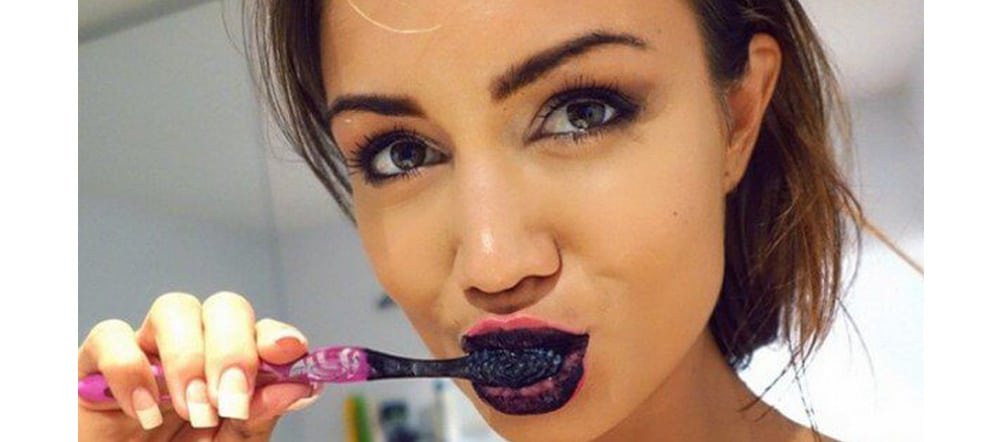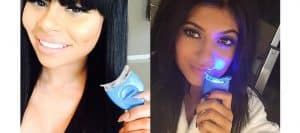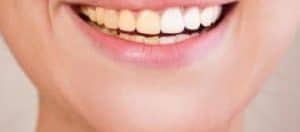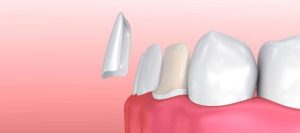Does Charcoal Toothpaste Whitening Really Work?
Charcoal toothpaste has gained popularity in recent years as a purported natural teeth-whitening solution. However, amidst the buzz, it’s essential to separate fact from fiction. In this blog, we delve into the effectiveness of charcoal toothpaste for whitening and explore whether it lives up to the hype.
Understanding Charcoal Toothpaste: Charcoal toothpaste typically contains activated charcoal, an absorbent substance known for its ability to bind to toxins and stains. Proponents claim that using charcoal toothpaste can lift surface stains, resulting in a brighter smile.
The Science Behind Activated Charcoal: Activated charcoal has a porous structure that allows it to adsorb (not absorb) certain substances. In theory, this could include surface stains on teeth. However, the effectiveness of charcoal in toothpaste for whitening is debated among dental professionals.
The Potential Drawbacks:
- Abrasive Nature: Charcoal toothpaste is often abrasive, which may lead to enamel wear and increased tooth sensitivity.
- Lack of Fluoride: Many charcoal toothpaste formulations lack fluoride, a crucial ingredient for preventing tooth decay and strengthening enamel.
Limited Evidence for Whitening: Scientific evidence supporting the teeth-whitening efficacy of charcoal toothpaste is limited. Most studies are small-scale, and the long-term effects and safety are not well-established.
Professional Perspective: Dentists often express caution regarding charcoal toothpaste:
- Enamel Damage: Abrasiveness can harm enamel, leading to long-term dental issues.
- Stain Removal: Charcoal may remove surface stains, but it might not address deeper discoloration.
Choosing Safe Whitening Alternatives: For effective and safe teeth whitening, consider:
- Professional Treatments: Consult a dentist for in-office treatments like professional teeth whitening.
- ADA-Approved Products: Use whitening products with the American Dental Association (ADA) Seal of Acceptance for safety and efficacy.
Charcoal Toothpaste for Whitening – Fad or Fact?
In the era of viral health and beauty hacks, one trend that has gained traction is the use of charcoal powder for teeth whitening. Charcoal, known for its absorbent properties, has found its way into toothpaste, promising a natural and effective way to achieve a permanently brighter smile. However, as with many beauty fads, the question arises: Is charcoal truly beneficial for teeth whitening, or is it just another passing trend?
Activated charcoal indeed has medical applications, commonly used in hospitals for treating drug overdoses or toxin exposure. Its absorption properties can reduce the load of substances in the body. But can it effectively ‘lift away toxins’ from teeth?
Advocates of charcoal tooth brushing claim its efficacy in removing tough stains from red wine, coffee, and antibiotics. Yet, research on its teeth-whitening benefits remains inconclusive, lacking substantial evidence to support claims of superior effectiveness compared to regular tooth brushing.
The positive aspect is that charcoal powder, being relatively soft, poses minimal risk of causing damage. When used gently, it generally does not lead to negative side effects on the mouth and gums.
However, the consensus among dental professionals is skeptical. If over-the-counter teeth-whitening products like charcoal truly outperformed, dental clinics might face an existential threat. Given the competitive pricing of professional teeth whitening, it suggests that these alternative methods fall short of delivering the desired dramatic results.
In contrast, traditional cosmetic dentistry options, such as custom mouth trays worn overnight for approximately 20 days, offer a more reliable and enduring solution for a bright smile. This method eliminates the mess and time-consuming nature associated with charcoal, providing a hassle-free approach to achieving long-lasting teeth whitening results.
In the pursuit of a radiant smile, separating beauty fads from proven methods becomes crucial. While charcoal toothpaste may offer a trendy option, the enduring and significant results often come from trusted cosmetic dentistry practices. Opting for professional guidance ensures a brighter smile without compromising dental health.
Conclusion: While charcoal toothpaste may offer a temporary brightening effect for some, its overall effectiveness and safety remain uncertain. For a reliable and dentist-approved approach to teeth whitening, consult with oral health professionals and explore evidence-based alternatives.
In the quest for a brighter smile, making informed choices and prioritizing oral health are key. Remember, the best whitening results often come from a combination of professional guidance and trusted, evidence-backed products.












